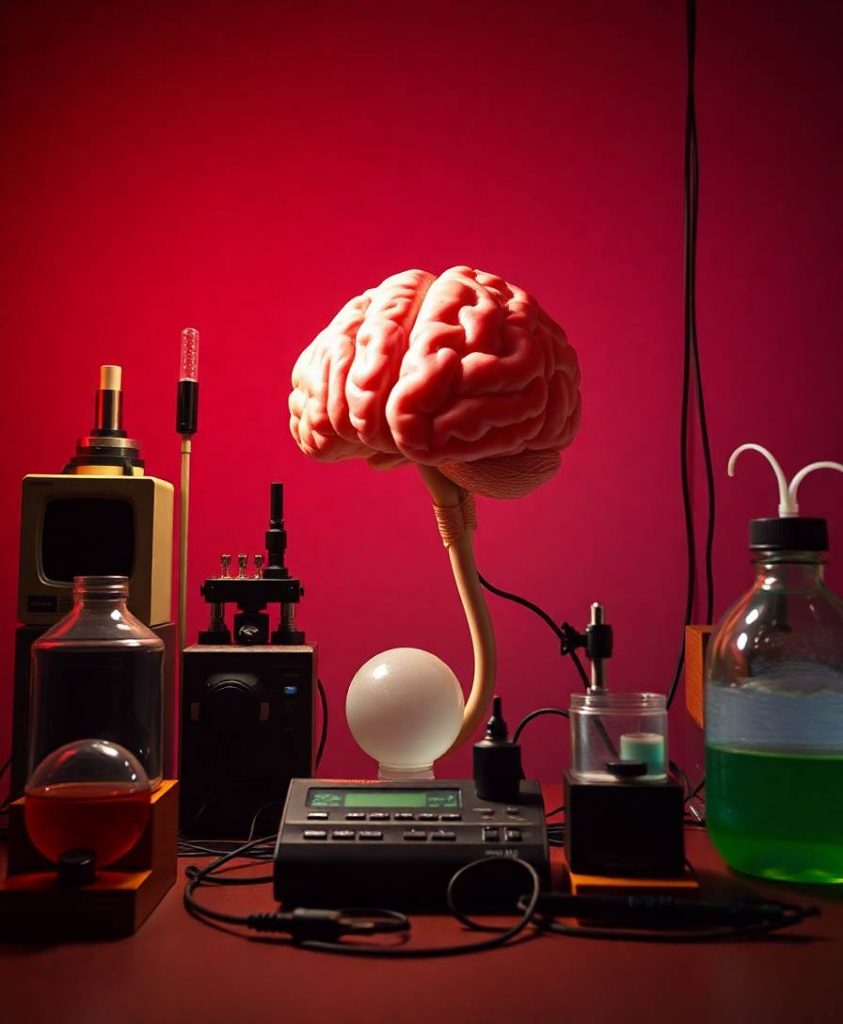Abstract
The present paper examines a type of abstract domain-general knowledge required for the process of constructing useable domain-specific causal knowledge, the evident goal of causal learning. It tests the hypothesis that analytic knowledge of causal-invariance decomposition functions is essential for this process. Such knowledge specifies the decomposition of an observed outcome into contributions from constituent causes under the default assumption that the empirical knowledge acquired is invariant across contextual/background causes. The paper reports two psychological experiments (and replication studies) with pre-school-age children on generalization across contexts involving binary cause and effect variables. The critical role of causal invariance for constructing useable causal knowledge predicts that even young children should (tacitly) use the causal-invariance decomposition function for such variables rather than a non-causal-invariance decomposition function common in statistical practice in research involving binary outcomes. The findings support the rational shaping of empirical causal knowledge by the causal-invariance constraint, ruling out alternative explanations in terms of non-causal-invariance decomposition functions, heuristics, and biases. For the same causal structure involving candidate causes and outcomes that are binary variables with a “present” value and an “absent” value, the paper argues against the possibility of multiple rational characterizations of the “sameness of causal influence” that justifies generalization across contexts.




